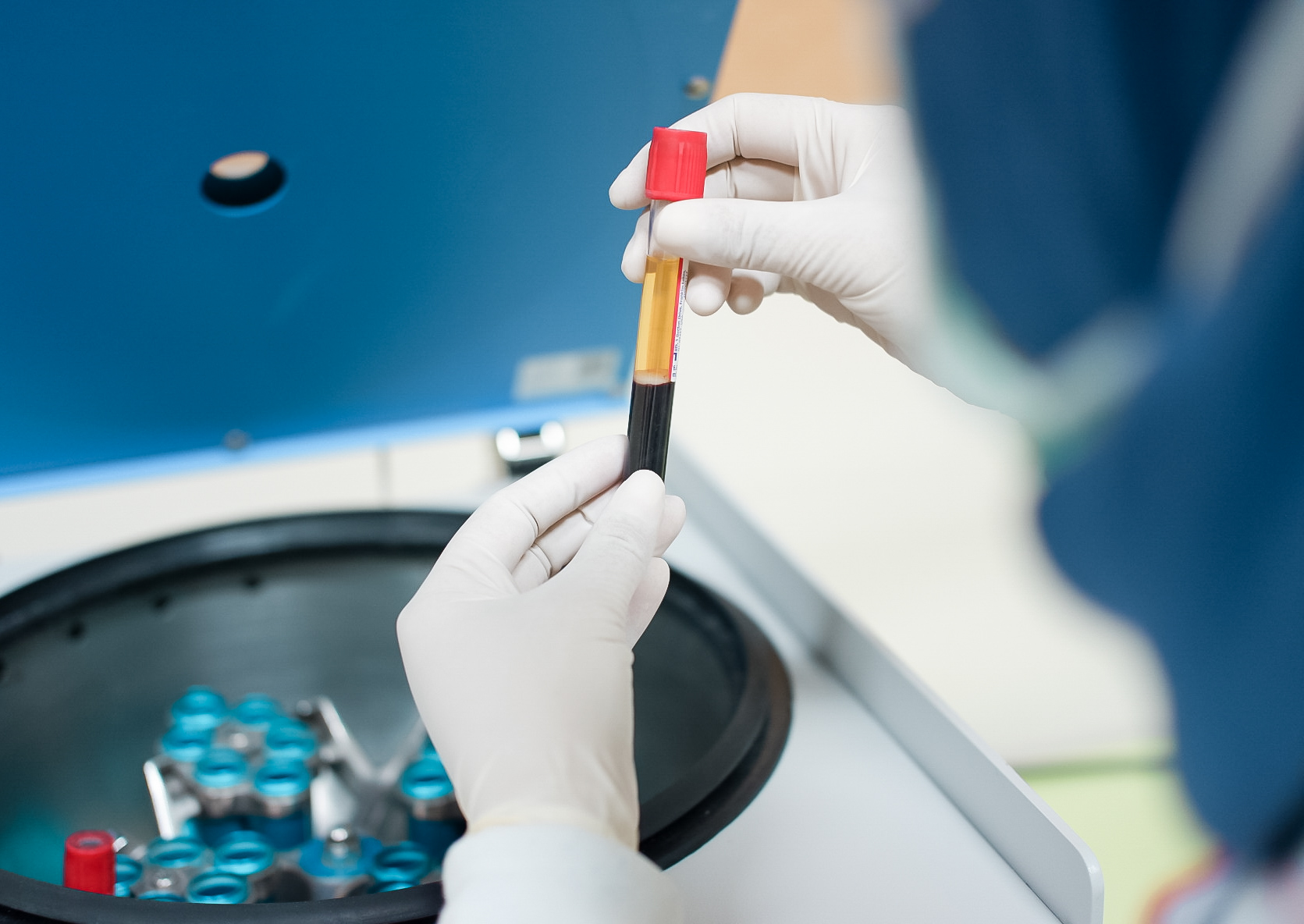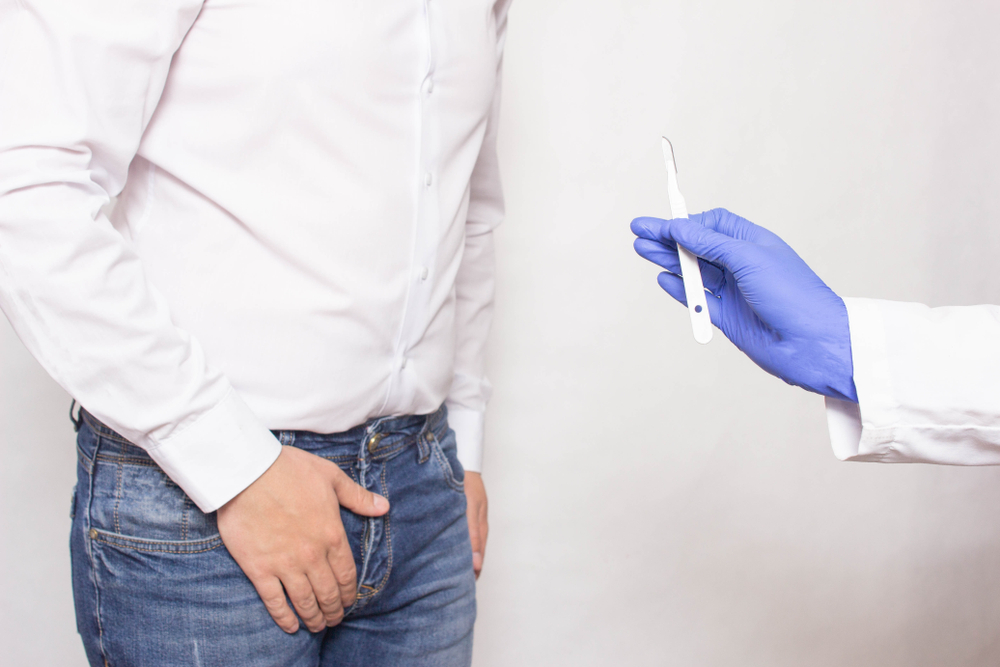
Prostate cancer (prostate adenocarcinoma ) is a form of malignant cancer that grows in the prostate gland. This type of cancer is most commonly found in men and is the second most common cause of death in men due to cancer after lung cancer.
Causes of Prostate Cancer

Genetic changes or mutations in cells in the prostate gland are the cause of this cancer where the cause of the mutation itself is not known with certainty. This mutation occurs abnormally and uncontrollably, causing the surrounding tissue to become pushed and damaged. In addition to mutation factors, several factors can increase a person's risk of developing prostate cancer, including:
- genetics
- Race
- Age
- Family history
- High fat diet
- Pollution
- Hormonal
- Sexual activity
Prostate cancer symptoms
It is difficult to make early detection of prostate cancer because it does not show any symptoms at an early stage. Most patients are diagnosed with prostate cancer after the cancer has entered an advanced stage (stages C and D). Some complaints such as difficulty urinating (BAK), having to strain when you want to urinate, increased frequency of urination, back or waist pain. Prostate cancer sufferers can also experience dissatisfaction after urination, pain during urination and ejaculation, and weight loss.
Prostate Cancer Diagnosis

Source image bank-specialties-urology
Diagnosis of prostate cancer can be done in two ways, namely physical examination and laboratory. Before carrying out the examination, the patient will be asked about his medical history, family history of cancer and the symptoms he is experiencing, especially those related to urination. Then proceed with the Digital Rectal Examination (digital rectal examination) and Prostate-Specific Antigen (PSA) examination, recommended for patients over 45 years and have an estimated life span of less than 10 years, as well as those over 45 years who are at high risk .
To find out the stage of prostate cancer, transrectal and transabdominal ultrasound can be done to find out abnormal prostate growth and assist in conducting biopsies in abnormal prostate areas. A tissue biopsy sample is taken and examined with the help of a microscope to determine whether there are changes from cancer. Only a biopsy can determine prostate cancer with certainty.
The degree of malignancy of prostate cancer is measured by the Gleason scoring system (modification), in which the grouping consists of three differentiations: good ≤ 6, moderate/moderate = 7, and bad = 8-10. Meanwhile, to determine the stage of prostate cancer, the TNM system is used, with the following explanation:
- T (Primary Tumor): Determined by describing the size and location. If it cannot be assessed, the stage is called TX and if no tumor is found, the stage is T0. As they increase in size and spread, they are called T1, T2, T3, or T4.
- N (Regional lymph nodes/nodes): At this stage it will be determined whether the cancer has spread to lymph nodes near the bladder. If not found, the stage is N0 and if found, the stage is N1.
- M (Metathesis): In this condition, the cancer has spread to the bones or other organs (M1) or not (M0). For M1a, the cancer has spread to the lymph nodes, M1b for bone, and M1c for other organs.
Prostate Cancer Treatment and Its Complications

After carrying out a series of examinations and the results of the diagnosis have been determined, the specialist can determine the right type of treatment. One of the treatments that can be performed on prostate cancer patients is radical prostatectomy, which is a surgical technique by removing the entire prostate. Then, there are also treatments without removing the entire prostate, namely external radiation, brachytherapy , hormonal therapy, chemotherapy, and palliative treatment. This type of treatment will be adjusted to the prostate condition of each patient.

To prevent the formation of mutations in prostate gland cells, you should start changing your lifestyle with a healthy diet, consuming lots of fruits and vegetables and maintaining an ideal body weight. If you want to do a consultation about prostate cancer, you can visit Dr. Purindri Maharani Suksesono from EMC Sentul Hospital on Mondays and Fridays, 08.00 WIB – 17.00 WIB. Let's always improve the quality of life to prevent dangerous diseases. #LiveExcellently
